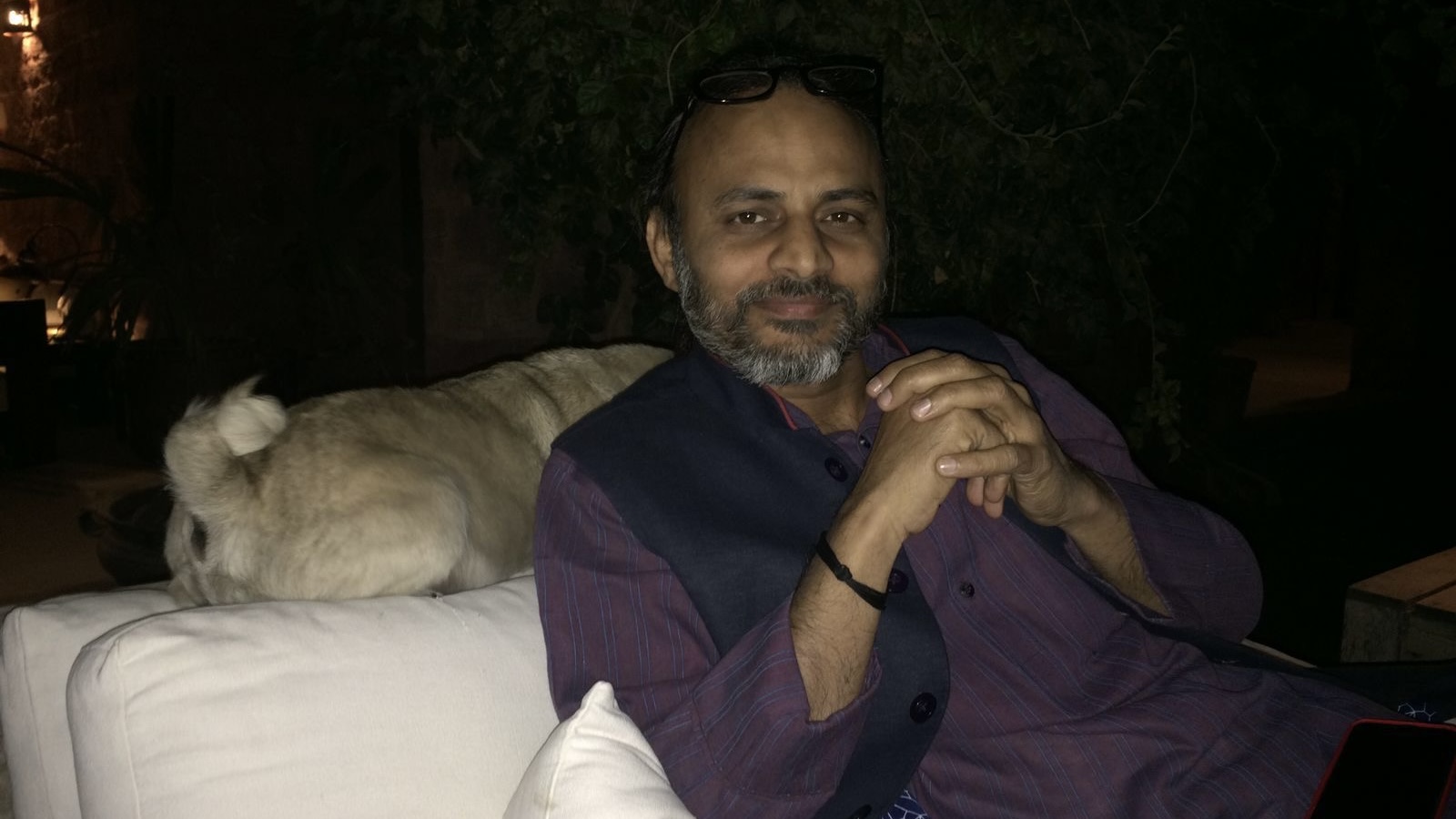
Meditation & Concentration
7 months ago By Yogi AnoopMeditation and Concentration: A Clear Explanation of a Subtle Difference
Is meditation only concentration? Or a journey far beyond that?
Meditation and concentration are generally considered to be the same process. Especially when a seeker begins his spiritual journey, this confusion naturally arises that meditation means — to focus the mind on a certain point, object, or thought. And by concentrating on that point or object, to attain it. Like a devotee concentrates his mind and senses on his God and wishes to attain Him. Or by concentrating the mind on a task, one attains success in that task. This is concentration, but this is not meditation.
If we carefully understand the confusion between these two, it will become clear that there is a fundamental difference between concentration and meditation — not only in their purpose, but also in their direction and effect.
Concentration is, in essence, an object-centered process. In this, the seeker stabilizes the mind on a certain object, thought, or sound — like on the flame of a lamp, on a mantra, a devotee on his chosen deity or on a specific imagination. The main objective of this process is to gain clarity about that object, to bring stability in it, and eventually, through this concentration, to attain a certain extent of peace, silence, and thoughtlessness. This can also be understood through a practical example — the one who is eating is focused on the taste of the food, his mind becomes concentrated on the taste, and along with the knowledge of the taste, he also attains satisfaction. But from this concentration, he does not attain the knowledge of the Self. If he were to attain self-knowledge from the taste of food, then today everyone would have become self-knowers. There would be no need to make so much effort for the knowledge of the Self.
Here, the experience of peace and satisfaction is hidden in the very object that was attained through concentration. In reality, concentration is the journey of the mind towards the object. Here, the knowledge of the object is obtained. Even science progresses through this very process. Every scientist makes discoveries by concentrating on an object.
In contrast, meditation is a self-centered process. In meditation, the object is only a medium, not the goal. The purpose of the one who meditates is not to know the object, but to use the object as a medium to experience the Self. The goal of meditation is not to understand the object or to become stable in it, but to know the Self through that very object. When a seeker meditates upon an object, his objective is not to know that object — but to understand that process in which the knower is known. It is to experience — “who is the one who is knowing.” That is why the center of meditation is not the object, but the seer. There, the seeker, while using the object as a medium, slowly uses the object just like a mirror — without getting entangled in its qualities, he begins to experience the Self.
Ultimately, through this very process, he attains the realization of his own ‘Self’, his own “I”.
This subtle difference between meditation and concentration brings about very significant practical and philosophical consequences. Concentration can be helpful in the initial stages of practice, but if the seeker gets stuck in it and considers it to be meditation — then his journey will become limited. Concentration is a means — not meditation. Meditation is that which gives the complete knowledge of the Self.
In meditation, the final goal is — the experience of that conscious seer, who is beyond both the seen and the seeing. This alone is the complete knowledge of the “I”. That itself is the direct experience of the soul.
And this is the very state, from which meditation becomes meditation — not just a mental process, but a divine state of spiritual experience.
Recent Blog
Copyright - by Yogi Anoop Academy
